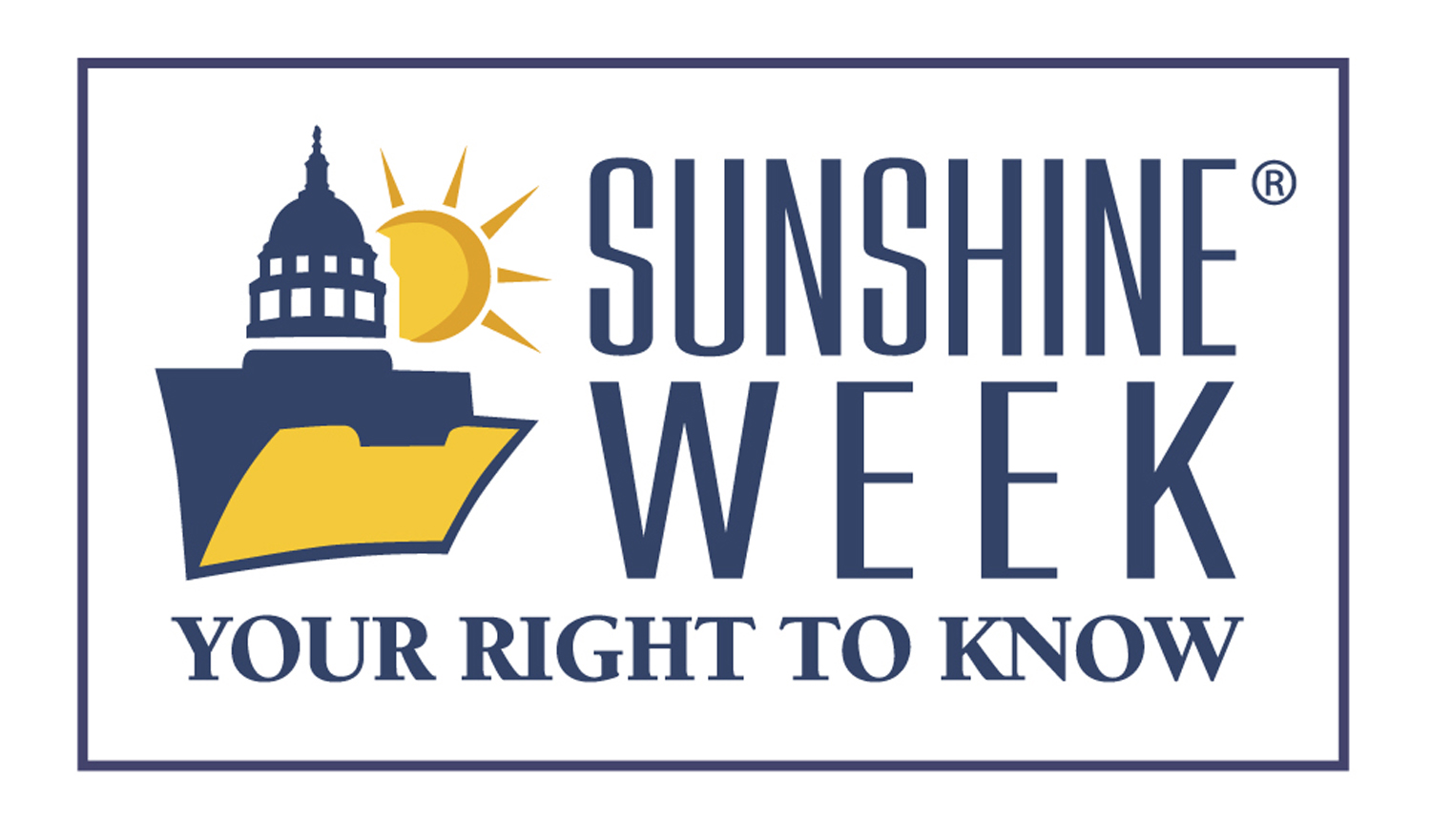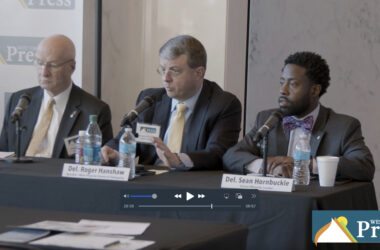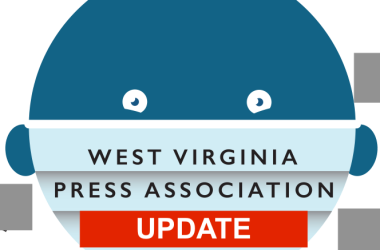 Lawmakers in every state have adopted laws requiring most government meetings and records to be open to the public. But in some states, lawmakers have exempted themselves from complying.
Lawmakers in every state have adopted laws requiring most government meetings and records to be open to the public. But in some states, lawmakers have exempted themselves from complying.
The Associated Press sent open-records requests to the top lawmakers in all 50 states and most governors, seeking copies of their daily schedules and emails from the government accounts for the week of Feb. 1-7. The AP received more denials than approvals from lawmakers. It did not generally request emails from private accounts because rules and practices on those vary widely from state to state.
These summaries show how they responded in local states:
WEST VIRGINIA
State law says there is a “presumption of public accessibility to all public records,” although there are plenty of exemptions.
The House speaker and minority leader released their emails in response to an AP request, but their Senate counterparts did not.
All the top lawmakers declined to release detailed personal calendars. The House said that’s because they “are in draft form, contain appointments that may or may not occur, are revised daily, are never corrected, and are not an accurate log” of actual appointments. The Senate said the records requests were “overly broad and lack a reasonably specificity for the information sought.” The state constitution says lawmakers are privileged for “words spoken in debate, or any report, motion or proposition made.”
Gov. Earl Ray Tomblin’s office said he does not personally use his official email account. It said the account received more than 600 emails over the timeframe. Tomblin did not release his detailed calendar, echoing the reasoning of the House.
MARYLAND
Maryland’s Public Information Act gives the public the right to access government records without unnecessary cost and delay. However, not all government records are disclosable under the law.
For example, state legislators are shielded from disclosing documents relating to legislative activities by an absolute constitutional privilege, according to counsel for the General Assembly. When the AP requested emails and a daily schedule of activities for top lawmakers for the first week of February, most of the records would not have been releasable under the law, according to the attorney. However, the legislators waived legislative privilege and released hundreds of pages of documents, anyway.
The governor’s office also released his emails and calendar for the same week’s period.
VIRGINIA
Virginia’s public records law grants elected officials broad discretion in what they can withhold, including any correspondence or records related to “personal or deliberative use.”
Gov. Terry McAuliffe and the top Democrats and Republicans in both the House and the Senate all declined to provide emails The Associated Press requested. The governor and Democratic legislative leaders provided their calendars. Republican Senate Majority Leader Tommy Norment also provided calendars, but it showed only floor sessions and committee and caucus meetings – not any private meetings or events. Republican House Speaker William J. Howell said the request for a week’s worth of his calendar was too vague to qualify as a legitimate public records request.
PENNSYLVANIA
Requests to all four legislative leaders for emails and calendars were denied.
Legislative records are narrowly defined under the state’s Right-to-Know Law and include financial records, bills, co-sponsorship memos, chamber rules and other documents, but notably, not emails or daily schedules. The Senate letter denying access to those documents noted that making the request of the senators directly rather than through the clerk’s office could have delayed the process. The Senate also noted the AP had made very similar requests for correspondence in 2009, with the same negative result. Those two 2009 requests were the first appeals handled under a revamped public-records law that took full effect that year.
The governor’s office has exercised its right to take up to 35 days to comply with the pending request, and its full response is due by March 17. Gov. Tom Wolf, a Democrat in his second year, has posted his public schedule online, a break from past practice that was apparently a response to an open-records court case.
To read more from The Journal, subscribe here. http://www.journal-news.net/






